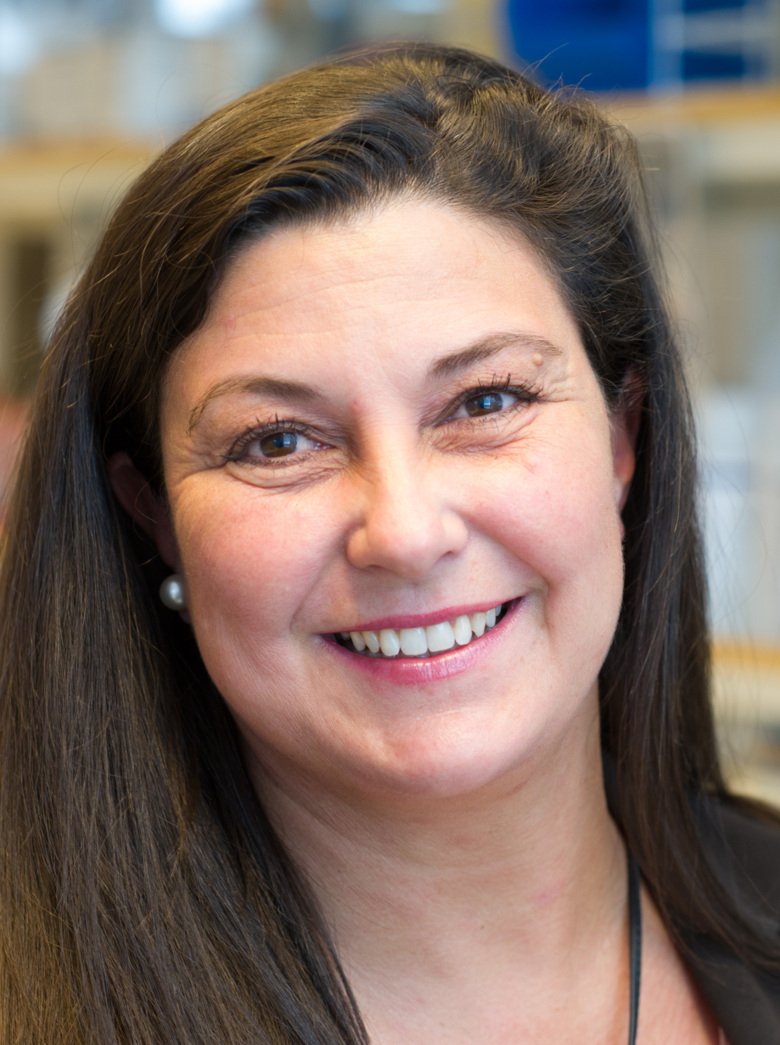Research into Sjögren's syndrome saves children's hearts
The rheumatic disorder Sjögren's syndrome can cause life-threatening heart block in foetuses. Marie Wahren-Herlenius explains why this happens – and how the right treatment at the right time can save lives.

Text: Ola Danielsson. First published in Swedish in the magazine Medicinsk Vetenskap, no 3, 2010, updated online in 2025.
What causes Sjögren's syndrome?
"The causes are not entirely clear, but it is triggered by a combination of genetic susceptibility and environmental factors. As is the case with other rheumatic disorders, the genetic causes are complex as there are so many different genes involved, says Marie Wahren-Herlenius, professor of experimental rheumatology at the Department of Medicine, Solna.
Can it be treated?
"There is no cure but we can manage the symptoms to some extent. Ongoing clinical trials give hope for new therapies that could reduce or completely remedy the imbalance in the immune system found in Sjögren's syndrome."
Some children of women with Sjögren's syndrome are born with a serious cardiac arrhythmia, known as an AV block. Why is this?
"Some people with Sjögren's syndrome, and SLE too, have a kind of antibody in their blood that can pass into the foetus and bind to the surface of the heart's cells. This leads to local cell death in the heart's conduction system and to an impairment of the conduction of the impulses that control the heartbeat, and in a worst case scenario a complete AV block develops. Fatalities are high in such cases, at 20-30%."
Thanks to your research it is now possible to prevent severe, complete AV blocks. How does this work?
"Treating the foetus with steroids, through the mother, at an early stage of AV block development means that we can prevent a complete block from developing and, in many cases, get the heart to return to a normal rhythm. We can now identify women who are at risk by analysing their antibody profile and taking Doppler measurements, a kind of ultrasound examination, so that we can treat them at the right time."
What are you currently researching?
"We're mapping genes and environmental factors that play an important role in both heart blocks and Sjögren's syndrome. Once we've identified the genes we want, we look at the functional consequences of the patients' polymorphisms, or genetic variants, and how they can affect the function of the immune system and the heart tissue.
What is Sjögren's syndrome?
Sjögren's syndrome is a rheumatic disorder that manifests itself primarily through inflammation of the body's tear and salivary glands, with severe dryness as a result. It is also associated with extreme tiredness and symptoms involving other glands, muscles, joints and the lungs.
